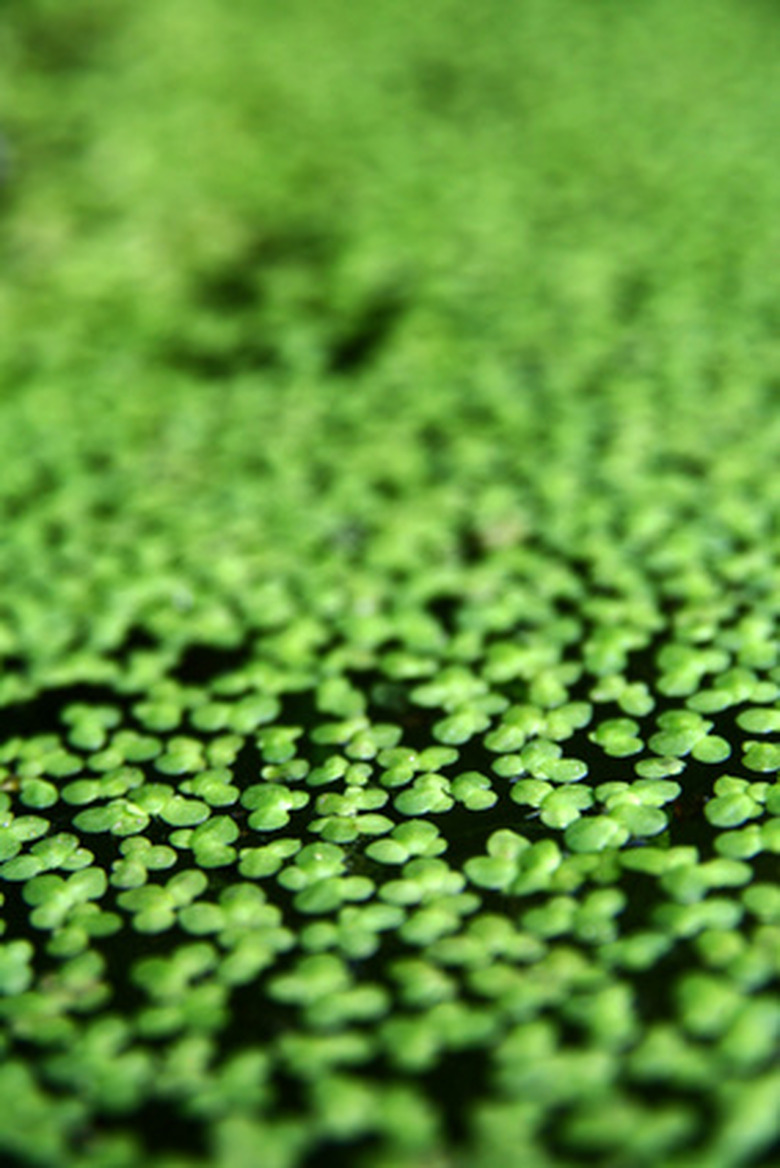Nutrients Needed For Hydroponics
Hydroponics is cultivation of plants without soil. All the nutrients needed for the plant are supplied through a nutrient solution. Nutrients like oxygen, carbon and hydrogen are absorbed by the plant from air and water. The primary macronutrients are nitrogen, phosphorous and potassium. Secondary macronutrients are calcium, magnesium and sulfur. The essential micronutrients are iron, manganese, boron, molybdenum, zinc, copper and chlorine. Different combinations of nutrients are used in preparing various nutrient solutions depending on the requirements of a particular plant. The pH level of the nutrient solution is important for healthy growth of the plant. Majority of the plants grow well in slightly acidic conditions in the pH range of 5.5 to 6.5. The nutrient solution in hydroponics works for 10 to 15 days.
- Hydroponics is cultivation of plants without soil.
- Nutrients like oxygen, carbon and hydrogen are absorbed by the plant from air and water.
Nitrogen
Nitrogen is an important macronutrient required for the overall growth of the plant. Excess supply of nitrogen leads to weak growth and delays flowering. Inadequate supply of nitrogen results in yellowing of leaves and weak growth. Nitrogen is administered in the form of ammonium phosphate, potassium nitrate and calcium nitrate in hydroponic systems.
Phosphorus
Phosphorus is required by the plants in photosynthesis, growth of roots, flowers and seeds. Deficiency of phosphorus may lead to discoloration of leaves and stunted growth. Supplying excess amount of phosphorous causes deficiency of micronutrients like iron and zinc. This primary macronutrient is supplied to the plants through ammonium phosphate and potassium phosphate.
- Nitrogen is an important macronutrient required for the overall growth of the plant.
- Supplying excess amount of phosphorous causes deficiency of micronutrients like iron and zinc.
Potassium
Potassium plays a major role in plant growth, especially in the development of the fruits. It helps in development of roots and in synthesis of chlorophyll, starch and sugar. Potassium regulates stomata openings thereby helping the plant in making ideal use of air and water. Potassium deficiency results in yellowing of leaves and flower and fruit drop. Overdose of potassium diminishes supply of magnesium and calcium. Potassium phosphate and potassium nitrate are good sources of potassium.
Calcium
Calcium is essential for the growth of plant cells and roots. Calcium also facilitates absorption of potassium. It also helps avoid excess nutrients in the soil. Insufficient supply of calcium results in curling and stunted growth of leaves and shoots. Excess calcium results in stunted growth. It is supplied in the form of calcium nitrate.
- Potassium plays a major role in plant growth, especially in the development of the fruits.
- Insufficient supply of calcium results in curling and stunted growth of leaves and shoots.
Magnesium
Magnesium is a component of chlorophyll molecules and plays an important role in light absorption. It also helps in distribution of phosphorus throughout the plant. Inadequate supply of magnesium gives rise to curled and discolored leaves. Though higher concentrations of magnesium does not affect the plant, if coupled with imbalanced amounts of calcium and potassium, the combination stunts plant growth. It is administered in the form of magnesium sulfate.
Sulfur
Sulfur increases the effectiveness of phosphorus. It also helps in the production of energy. Deficiency leads to yellowing of leaves, whereas excess supply causes premature shedding of leaves. Hydroponic plants are administered with this nutrient in the form of magnesium sulfate.
- Magnesium is a component of chlorophyll molecules and plays an important role in light absorption.
- It also helps in distribution of phosphorus throughout the plant.
